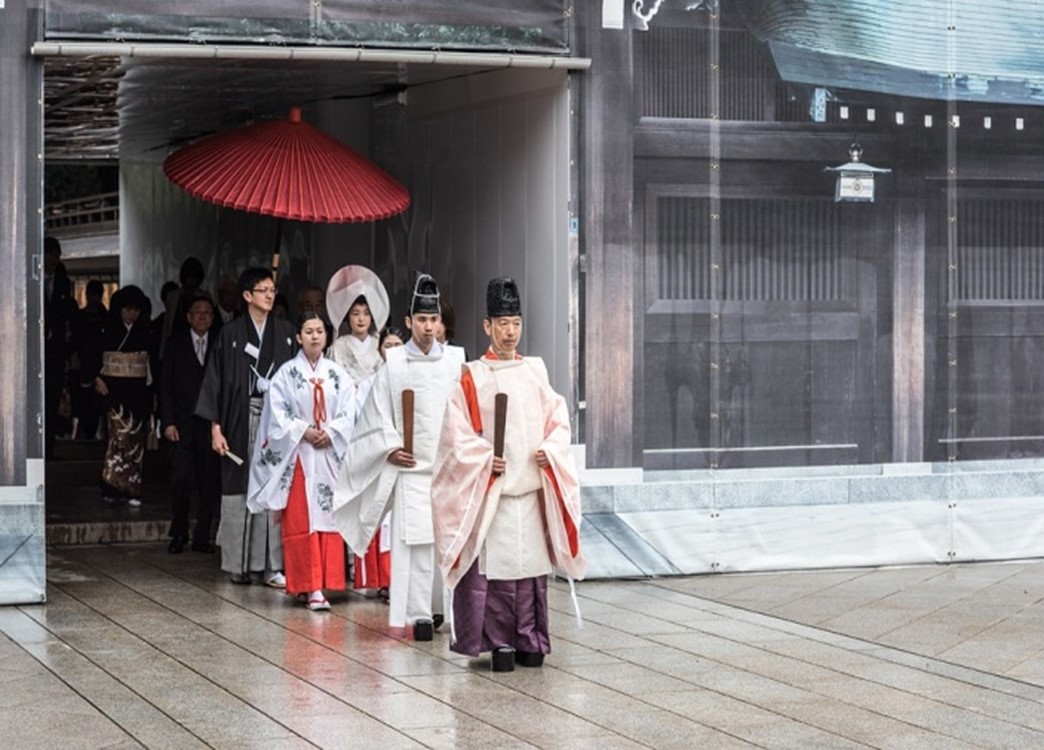CHAPTERS
Navigate to chapter
► Chapter One: Tokyo’s Culture and People
► Chapter Two: Travel Essentials
► Chapter Three: Getting In and Around
► Chapter Four: Budget-Friendly Hotels and Accommodations in Tokyo
► Chapter Five: Dining in the City Metropolis
► Chapter Six: Shopping in Tokyo
► Chapter Seven: Tourist Spots in Tokyo
► Chapter Eight: Tokyo Shrines and Temples
► Chapter Nine: Nightlife in Tokyo
Chapter One: Tokyo’s Culture and People

Every country has their own special characteristics and unique qualities that make them distinct and one of a kind and Japan is no different. Although Japanese people are pretty polite and will not call you out on something they may find offensive, Japanese people will surely be impressed with the homework you’ve done. Apart from the customs that are uniquely Japanese, there are things about the culture that you would find interesting as well as utilitarian for your quick visit there.
In addition to these, we are also throwing in, what some would consider to be, odd practices that are acceptable (or otherwise) in Japan.
When in Tokyo, to avoid faux pas and risk offending any of the locals we came up with a short list of some of the more interesting bits about Japanese customs and culture that would really come handy before heading down to the Land of the Rising Sun.
One of the things that are foremost in this mention is respect. Respect, and the show of it, is very important in the Japanese culture. The Japanese people are very big on respect for each other and doing your bit to find out more about the country, the culture and the people gives you a better advantage of mingling with the locals and enjoying the sights and sounds of the perpetually on the move city of Tokyo. Upon introductions, the exchange of wares or money, the act of saying farewell and so on are just of the many instances you will find locals greeting and ending the meet with a bow. This culture of respect is apparent in everyday life and is a refreshing trait that is not seen in most countries of the world.
Upon your arrival on Japanese shores, you will notice the mindfulness people pay to others. Japanese culture inculcates mindfulness of others,
- On slurping your food. I am willing to bet the money in my pocket that this is not something that would be done where you are from and anyone at a dinner table who does may get reprimanded by mother. Not so in Japan. In fact, if you are going to try that ramen house down the corner, you may hear a lot of slurping going on, and that is perfectly normal. In fact it is expected. For one noisily slurping noodles into your mouth cools the noodles as they go in your pie-hole and the slurpy noises you make is a compliment to the chef to signal that you find this particular bowl prepared for you to be delicious.
- Unlike most countries in the world where people are not allowed to drink on the streets and would most likely get fined or incarcerated for it, this just isn’t so in Japan. The country is lax about consuming alcohol in public and has no open container laws. Although you won’t usually see locals drinking on a street corner from a bottle, it is not unusual to see groups of people or lone individuals, hanging out at the park, having a picnic and throwing back a couple of pints of beer.
- Since Japanese people work, not only long hours, but diligently as well, it is not uncommon for office workers to either stay long after work hours to put in overtime work or to knock back a few after quitting time as a way to unwind, or show team spirit. People passed out near subway stations are not that unusual to see in the busy business districts of Tokyo. The very least these people get is quietly laughed at by passersby, but no one has gotten mugged or stolen from. It is the intrinsic trust system that operates amongst the locals of Japan that one would not have to worry about their valuables being taken from them whilst sleeping it off. Traveling alone and worried about leaving your bags at your table but afraid of losing if you left them? Worry not. People in Tokyo don’t even think twice about leaving their bags, phones, gadgets, bicycles and motorcycles unattended and it would be right where you left it when you get back.
- Smoking is still allowed in most places in Japan. Japan is one of the few countries who have not imposed any smoking laws and lighting up in bars, pubs and restaurants are not unusual. If you are a smoker this could be good news. If you aren’t then this would be good to know before you start loudly objecting and get surprised by the lack of concern. However, there are considerations for those who do not smoke because there are actual designated areas for smokers. You have to remember that Tokyo’s original culture, the mindset of the city when it was first founded, was one where people were able to
- There are quite a few things that are usual in Japan that people would not be able to get away with in other countries. Apart from smoking and public consumption of alcohol, pornographic material is easily obtainable through your local bookstore or magazine stand. Adult-themed manga is not uncommon reading material amongst people in the big cities. This is not unusual in Japan and if you knew to look, even some of the more mundane, regular magazine on a rack will probably have a page or two of adult-themed comics or literature. A good thing to keep in mind is that when buying adult manga books at bookstores, one can have their books covered.
The people of Japan speak a variety of dialects; many of these are indigenous to regions of the country and have been declared endangered languages by the UNESCO. Many of these endangered languages within Japan are not mutually intelligible with each other or Japanese. The spoken language in Japan is Japanese and is divided to many dialects including that spoken in Tokyo.
In other parts of Japan, aside from Japanese, languages like Ryukyuan which is spoken in parts of Kagoshima as well as Okinawa. The indigenous people of the island of Ainu in Hokkaido speak the Ainu language (aside from the more common Japanese).
Continue Reading…
Want to read the entire thing?

